In this you rejoice, although now for a little while you may have to suffer through various trials, so that the genuineness of your faith, more precious than gold that is perishable even though tested by fire, may prove to be for praise, glory, and honor at the revelation of Jesus Christ. Although you have not seen him you love him; even though you do not see him now yet believe in him, you rejoice with an indescribable and glorious joy, as you attain the goal of (your) faith, the salvation of your souls (1 Peter 1:6-9).
Though we had known of her darkness for some time after her death the book Come Be My Light really detailed the spiritual agony Blessed Teresa of Calcutta felt through the many letters she wrote to spiritual directors through the decades.
When I try to raise my thoughts to Heaven – there is such convicting emptiness that those very thoughts return like sharp knives & hurt my very soul. – I am told God loves me – and yet the reality of the darkness and coldness and emptiness is so great that nothing touches my soul.
At the time, many reported this revelation about Blessed Teresa as some sort of double life she was leading. They could not fathom the idea of this kind of spiritual struggle from one who acted as if always in union with the Divine.
But darkness and faith very often go hand in hand. Some of the Church’s greatest saints experienced long periods of darkness where they did not feel the presence of God.
The most famous author on spiritual darkness is the 16th century Spanish mystic, St. John of the Cross, with his Dark Night of the Soul. But many modern saints have written of their experiences as well.
The one who I’ve been able to relate to the most is St. Thérèse of Lisieux (1873-1897). A doctor of the Church for her Little Way of spiritual childhood, St. Thérèse suffered what she called “worst temptations of atheism” for the last 18 months of her life.
During this time she says God, “permitted my soul to be invaded by the thickest darkness, and that the thought of heaven, up until then so sweet to me, be no longer anything but the cause of struggle and torment.”
For her the veil of faith turned into a wall reaching “right up to the heavens” covering the starry firmament. “When I sing of the happiness of heaven and of the eternal possession of God,” she writes, “I feel no joy in this, for I sing simply what I WANT TO BELIEVE.”
I love the images she uses in her autobiography to describe her trial of faith. She often calls herself a “little ball”, a plaything, that the child Jesus had let fall to the floor of her little boat as he went off to sleep, noting, “how rarely souls allow Him to sleep peacefully within them.”
It is quite difficult to put such spiritual suffering into words. According to the Little Flower, one must “travel through this dark tunnel to understand its darkness.” However, I recently came across a quote from Michael Novak that came pretty darn close to nailing it for me. Ironically (or not) it comes from an essay about St. Thérèse.
Faith is not a feeling, not even a feeling of devotion, not an ardor. It is often, so far as ordinary sentiments go, an emptiness, an aridity, a dry torment, a mind jumbled with distraction, directionless, unfeeling. Faith is a calm and feelingless redirecting of mind and will toward the unseen love, notable more for its steadiness and willingness to go on acting just as it would if it had been carried along by transports of joy, instead of being left bereft of signs and comforts. Only in that way can faith be tested for truth, steadfastness, and authenticity. Only in that way is it shown to be the real thing.
No doubt because of the testimonies of great Saints like John of the Cross and the Little Flower, it’s been said that such spiritual darkness is reserved for a select few that God has chosen for a special, closer union with himself. But, judging by the response I got when I posted the above quote on my Facebook page recently, I’m willing to bet that this trial happens to more souls than we think, and indeed may perhaps enter the soul of every believer at some point in their spiritual journey.
This is, I believe, the “narrow gate” that Christ speaks of in the Gospels. What separates the saints from the rest of us, or rather what makes us saints, is perseverance.
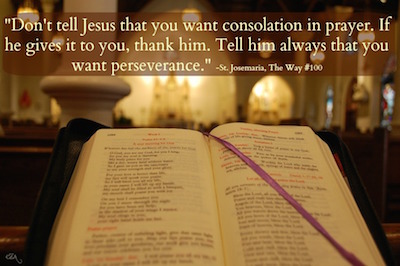
The entire autobiography of St. Thérèse is a treasure, rich in spiritual insight that is at the same time profound and practical in its child-like simplicity. But of all the insights recorded in her Story of a Soul, I keep coming back to one line in particular time and time again:
“While I do not have the joy of faith, I am trying to carry out its works, at least.”
How easy it is to give up prayer, even one’s entire faith, when the joy of that faith is gone — when our prayer seems fruitless and we feel as though God has abandoned us. But it is precisely during those trials of faith when God, in fact, is closest to us and drawing us closer to him.
As Pope Francis beautifully put it in his Holy Week Wednesday audience this year, “The night becomes darker in fact before the morning begins, before the light begins. God intervenes in the darkest moment and resuscitates.”
Therefore, “Do not grow slack in zeal, be fervent in spirit, serve the Lord. Rejoice in hope, endure in affliction, persevere in prayer” (Romans 12:11-12).
Persevere in prayer.
Above all, faith is a relationship with Christ that is deepened through prayer.
Whether we suffer a great trial of faith or not, at the very least some aridity in prayer is inevitable, and, writes Peter Thomas Rorhbach in his book Conversation With Christ, it “presents us with an excellent opportunity for demonstrating unselfish love for Christ, a love that does not require consolation to sustain it.”
It’s not the quality of our prayer life that bears fruit, but our faithfulness. Quality will come with fidelity. Don’t give up.
Persevere in prayer. Persevere, even when your efforts seem barren. Prayer is always fruitful. -St. Josemaria, The Way #101
________________________________________
All quotes from St. Therese taken from Story of a Soul: The Autobiography of St. Therese of Lisieux, Third Edition
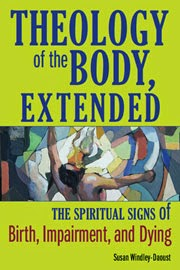 I’m happy to say that her book has finally been published and is available for purchase! Susan is still offering some signed copies at a discounted price through
I’m happy to say that her book has finally been published and is available for purchase! Susan is still offering some signed copies at a discounted price through 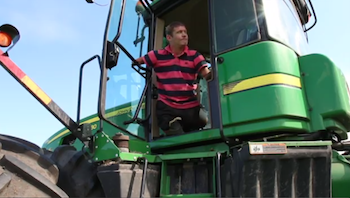
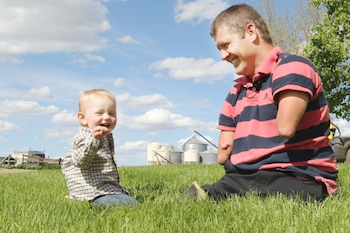
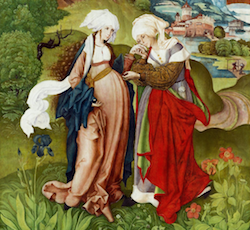 “Most blessed are you among women, and blessed is the fruit of your womb. And how does this happen to me, that the mother of my Lord should come to me? For at the moment the sound of your greeting reached my ears, the infant in my womb leaped for joy. Blessed are you who believed that what was spoken to you by the Lord would be fulfilled.” (Lk. 1:42-45)
“Most blessed are you among women, and blessed is the fruit of your womb. And how does this happen to me, that the mother of my Lord should come to me? For at the moment the sound of your greeting reached my ears, the infant in my womb leaped for joy. Blessed are you who believed that what was spoken to you by the Lord would be fulfilled.” (Lk. 1:42-45) In the
In the 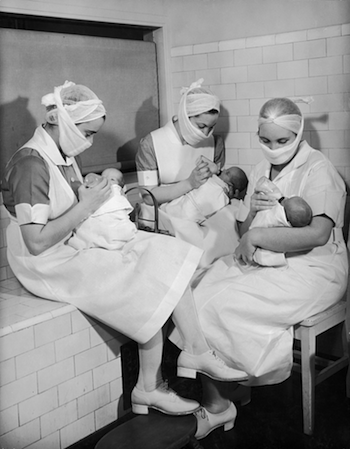
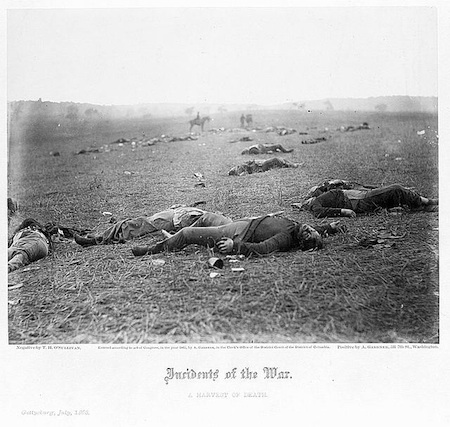
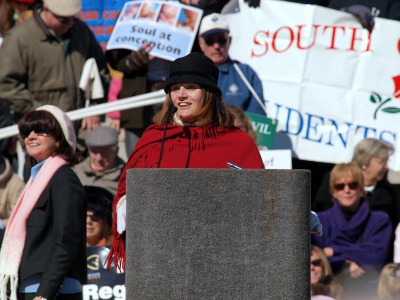
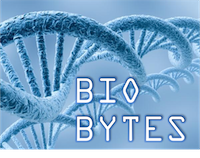 • A 64 year old Chinese woman
• A 64 year old Chinese woman